Elle Macpherson speaks on breast cancer treatment criticism
Elle Macpherson has slammed the backlash to her claims she “healed through breast cancer” using holistic methods rather than traditional medicine.
Illness
Don't miss out on the headlines from Illness. Followed categories will be added to My News.
Australian supermodel Elle Macpherson hit out at the condensation of her claims she “healed through breast cancer” using holistic methods rather than traditional medicine.
Macpherson, 60, revealed in her new memoir Elle: Life, Lessons, and Learning to Trust Yourself that in 2017 two lumpectomies revealed she had HER2-positive oestrogen receptive intraductal carcinoma, with her doctor recommending a mastectomy along with radiation, a breast reconstruction, hormone therapy and chemotherapy — a treatment plan she rejected.
She has since been the subject of fierce critism from the medical community and the Australian public more broadly after revealing she chose to treat her cancer without traditional medicine.
Addressing the backlash for the first time on Monday morning, Macpherson said it had been an “interesting” week, alleging most of the journalists writing about the topic have not read her book or been in her position.
“I would say I’m really pleased that it has sparked conversation and discussion because with discussion comes awareness and growth,” she said on Today.
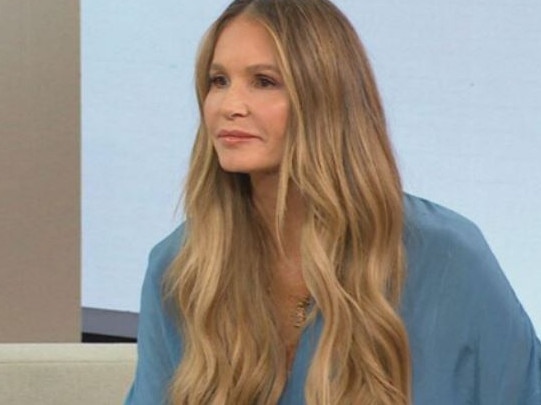
The model, who is colloquially known as The Body, said she sought advice from 32 medical professionals, and after “praying and meditating” she decided not to opt for chemotherapy.
“I sought a lot of medical advice and the bottom line was that every doctor had a different opinion on how to treat my specific case of breast cancer and there was no clear path, and there was no or guarantees either way,” she said, clarifying she was sharing her experience.
She said the chapter wasn’t really about cancer but about making a decision when gripped with fear and that she wants to influence others to make decision that are right for them — no matter what that decision is.
Mapherson said: “I think this conversation is really important and it’s maybe treatment is not even one or the other, maybe it’s a combination.
“We all face decisions like this in life and that’s what the book is about, it’s many stories about how we can become empowered in our life and how we can see life as, so every experience is a valuable lesson, a valuable tool that it’s worthwhile and that it’s purposeful.”
It comes after her appearance on 60 Minutes on Sunday, saying she “healed through” the cancer and she was “clinically in remission” after “healed through” breast cancer.
Since her reveal, Macpherson has faced a plethora of backlash to the way she handled her cancer. However, the 60 Minutes episode didn’t address the fall out of the revelation.
Macpherson was diagnosed with breast cancer in 2017, and consulted 32 medical professionals before she decided to “pray and meditate”. It was this that led her to the choice to go the holistic route.
During this time, she said she was treated by her primary doctor, a holistic dentist, an osteopath, two therapists, a doctor of naturopathy and a chiropractor.
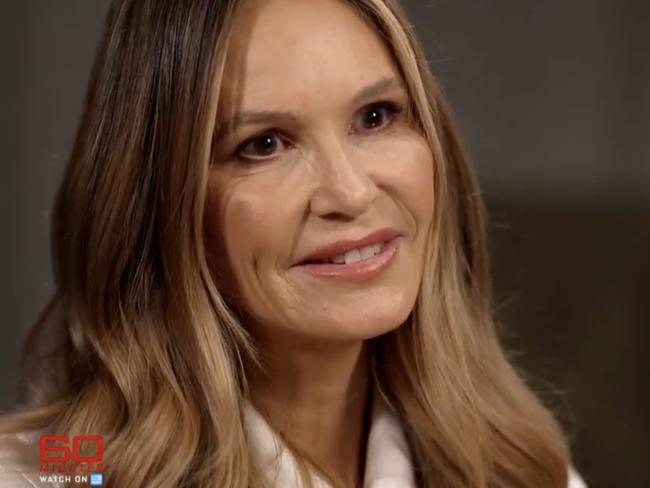
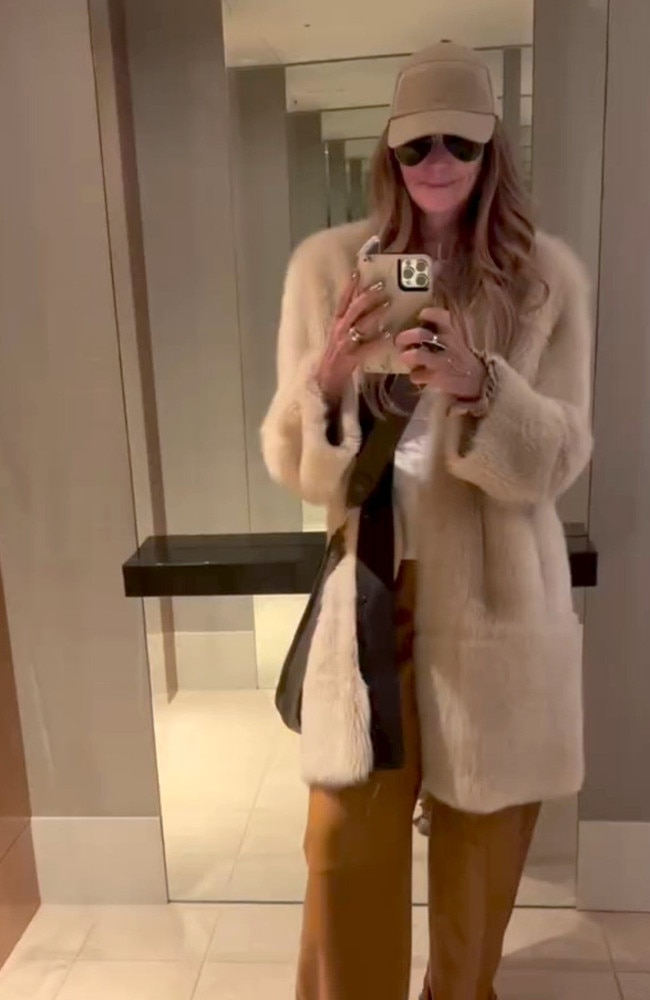
Director of Cancer Control Policy of Cancer Council Australia director of cancer control policy Megan Varlow, told news.com.au last week what Australians should consider regarding their treatment.
“There are many treatments available that are evidence-based and scientifically proven to be safe and effective,” she said.
“They are designed to diagnose and treat cancer, slow its growth, or provide relief from symptoms. Cancer actually refers to about 100 different diseases, so unfortunately, there’s no ‘magic bullet’ or ‘one size fits all’ approach to treating cancer, although the community often asks us about the latest ‘miracle cancer cure’.”
Ms Varlow said that the Cancer Council encourages Australians to look at trusted sources like them to determine fact from fiction. She said when it comes to seeking treatment, it’s important to ask questions such as “does it sound too good to be true?” and to “dismiss evidence-based approaches or treatments that we know are safe and effective”.
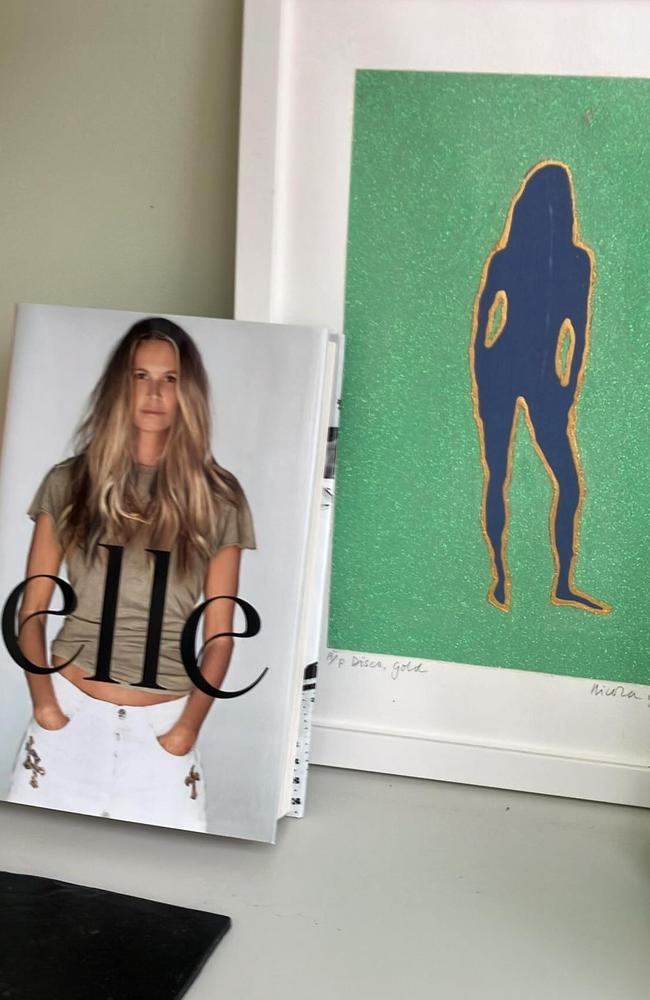
Other questions were whether the information was from a reliable source, whether it was promoting or selling something, and whether it was peer reviewed by experts with qualifications specifically related to cancer.
“One of the reasons people might try new things to ‘cure’ cancer is because it helps them take an active role in their health and wellbeing during a difficult time. The challenge is that we don’t always know what the side effects might be,” Ms Varlow said.
“At best, some things that people try won’t effectively treat cancer but won’t cause harm. However, cancer misinformation can also stop people from using treatments recommended by their healthcare team that we know are safe and effective at treating cancer. At worst, they can be dangerous, cause side effects or interact with conventional treatments.
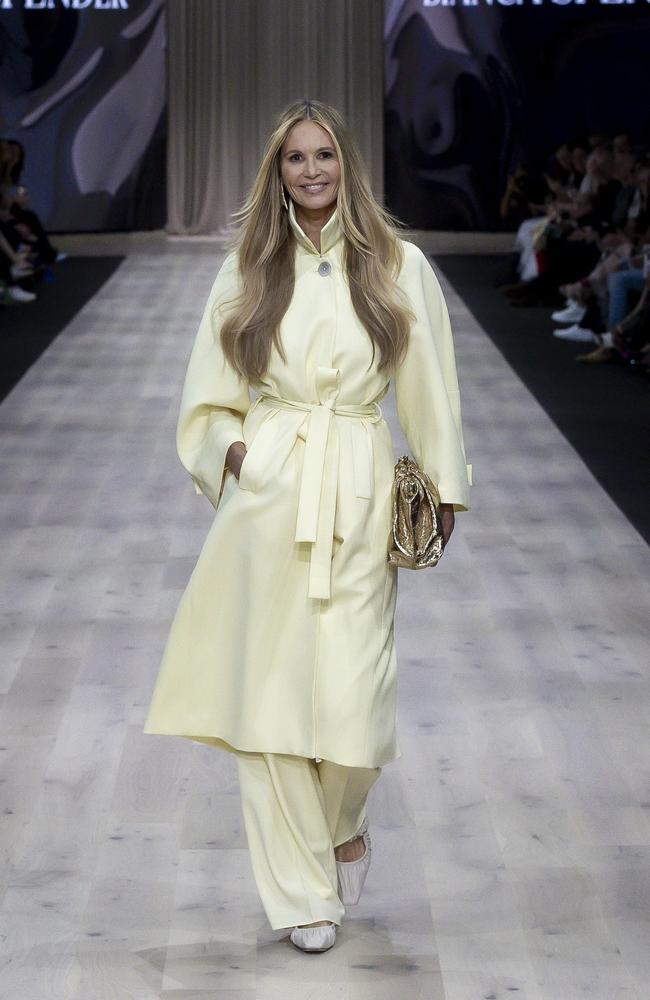
“That’s why we encourage Australians to look to trusted sources of information to make informed and safe choices about your health, and if you have cancer, speak to your doctor about any treatments, medicines or supplements before you make a decision. We do not recommend that people delay or replace evidence-based medical care with alternative therapies. If you notice symptoms or side effects of something you’ve tried, always talk to your doctor.”
Macpherson’s approach to treatment has been met with criticism on social media, particularly firing up users on X, formerly known as Twitter.
Cancer researcher Dr David Robert Grimes said: “Incredibly irresponsible from Elle Macpherson: Holistic therapy is NOT (a) valid treatment for breast cancer.”
Meanwhile, Dr Liz O’Riordan said: “We have proof that … who choose not to have mainstream cancer treatments for breast cancer are 6x (sic) more likely to die thanks to @sky__john and co.
“I’d urge women not to assume that because it’s worked for her so far, it will work for you.”
Originally published as Elle Macpherson speaks on breast cancer treatment criticism





